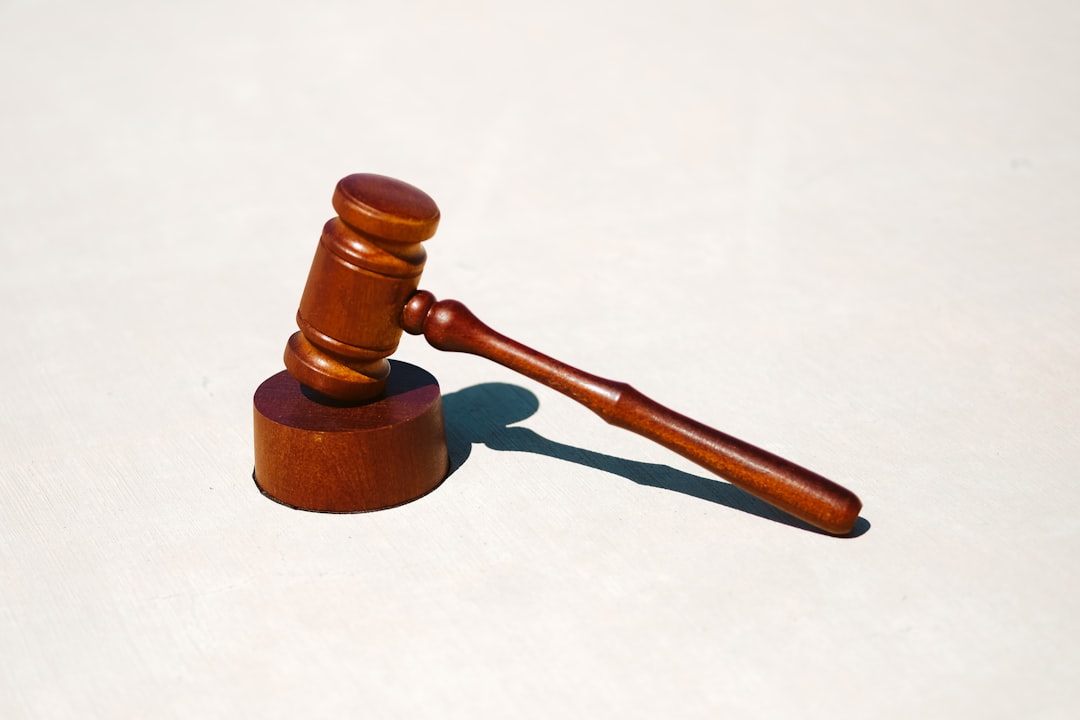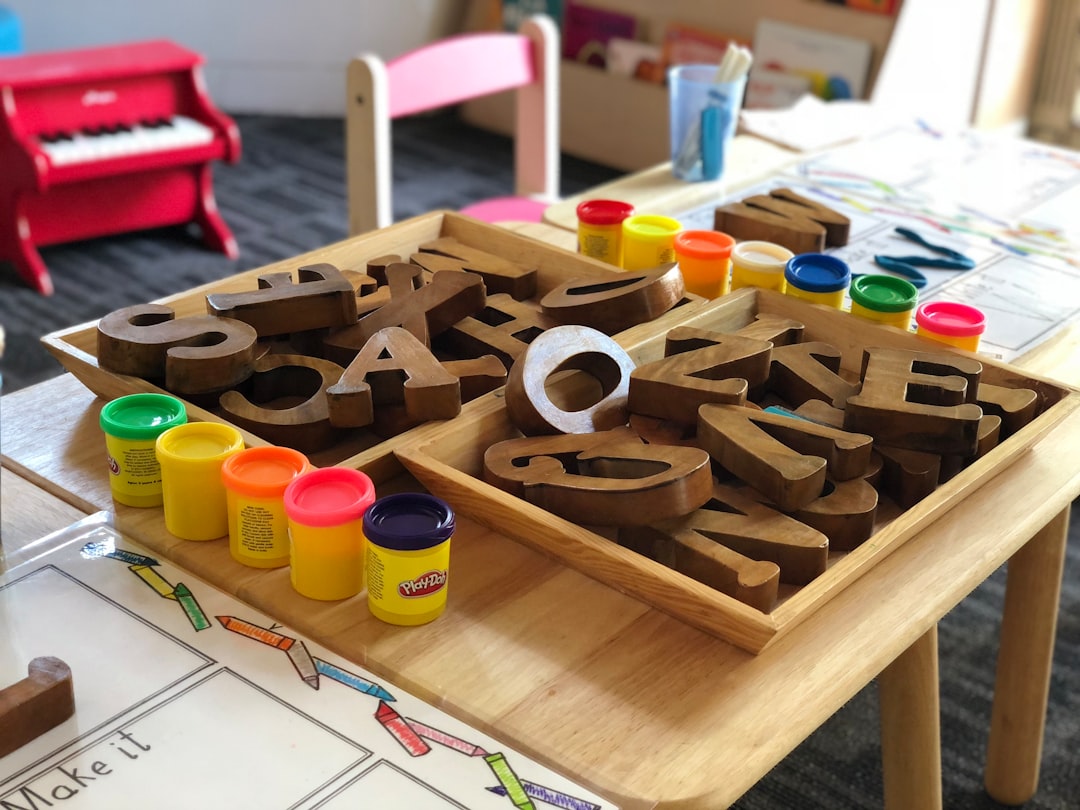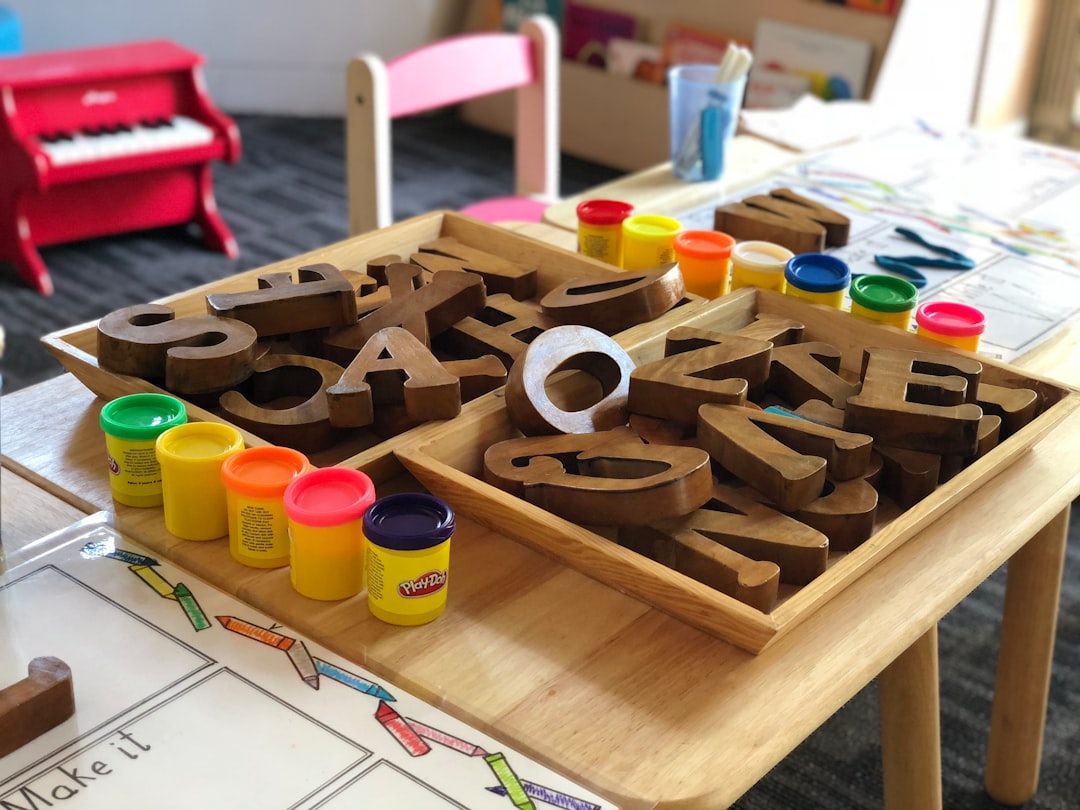When pursuing justice for daycare abuse in Miami, FL, understanding the distinctions between criminal charges and civil lawsuits is key. Criminal charges, pursued by the state, aim to punish perpetrators with imprisonment and fines, while civil lawsuits seek compensation for victims' harm, including medical expenses and pain and suffering. A reputable daycare abuse attorney in Miami guides victims through these options, protecting their rights and seeking justice. In severe cases, they can help press criminal charges, while also assisting with civil lawsuits to ensure fair compensation and accountability.
In Miami, navigating justice for daycare abuse requires understanding the distinction between criminal charges and civil lawsuits. This article guides parents and caregivers through this complex process, highlighting when each avenue is most appropriate. For severe cases involving physical or emotional harm, criminal charges can hold abusers accountable under Florida law. Civil lawsuits, on the other hand, offer a path to compensation for victims and their families, seeking damages from negligent daycare providers. Working with a dedicated daycare abuse attorney in Miami FL is crucial to ensuring the best outcome.
Understanding Criminal Charges vs. Civil Lawsuits

When considering legal action in a daycare abuse case, understanding the distinction between criminal charges and civil lawsuits is crucial. In Florida, including Miami, criminal charges are brought by the state to prosecute individuals who have violated specific criminal statutes related to the mistreatment of children. These charges carry significant consequences, including potential imprisonment and fines, and are pursued to hold perpetrators accountable on a societal level.
On the other hand, civil lawsuits are initiated by the victims or their families to seek compensation for the harm suffered due to daycare abuse. A successful civil lawsuit can result in financial damages, which may include medical expenses, therapy costs, and pain and suffering. Retaining a reputable daycare abuse attorney in Miami, FL, is essential when navigating these legal options, ensuring that victims’ rights are protected and they receive the justice and support they deserve.
When Criminal Charges Are Appropriate in Daycare Abuse Cases

In cases of severe or heinous daycare abuse, criminal charges are often a necessary step. A daycare abuse attorney in Miami, FL, can help determine when this path is most appropriate. Physical harm, sexual abuse, or emotional maltreatment that causes lasting trauma can be prosecuted under criminal law. These charges aim to protect the victim and deter similar future instances of abuse by holding the perpetrator accountable.
Criminal charges carry significant weight and should be reserved for cases where the abuse crosses a clear legal threshold. A daycare abuse attorney will consider factors like the extent of harm, witness statements, and existing laws to advise clients on pressing criminal charges. In Miami, FL, such cases often require collaboration between law enforcement and legal professionals to ensure justice is served.
Navigating Civil Lawsuits for Daycare Abuse in Miami

In Miami, navigating civil lawsuits for daycare abuse involves understanding the nuances of both state and federal laws. When a child suffers harm while under the care of a daycare provider or center, it’s essential to consult with an experienced daycare abuse attorney in Miami, FL. These legal professionals can guide parents and guardians through the complex process of seeking justice and compensation for their child’s injuries.
Civil lawsuits aim to hold negligent parties accountable and provide financial relief for damages suffered. Unlike criminal charges, which focus on punishment and societal deterrence, civil claims are about restitution for victims. In Miami, daycare abuse attorneys will help gather evidence, interview witnesses, and negotiate with insurance companies or the daycare facility to ensure their client receives fair compensation. This may include medical expenses, therapy costs, and non-economic damages such as pain and suffering.





